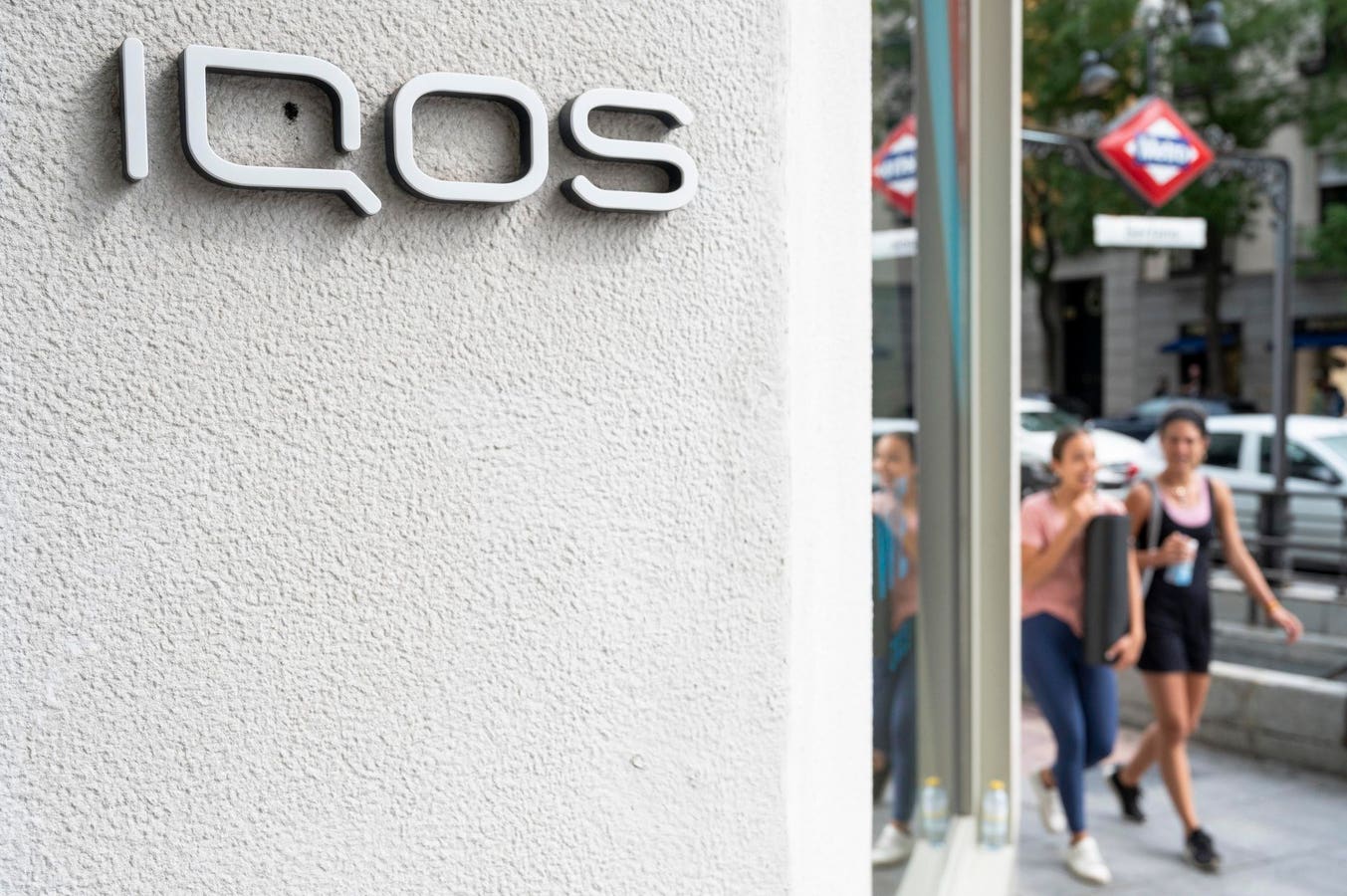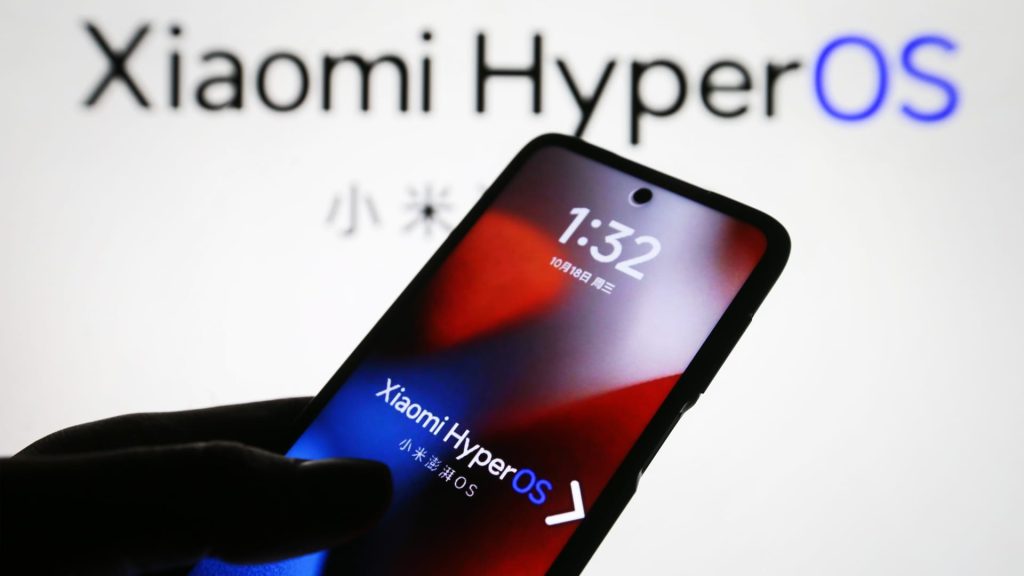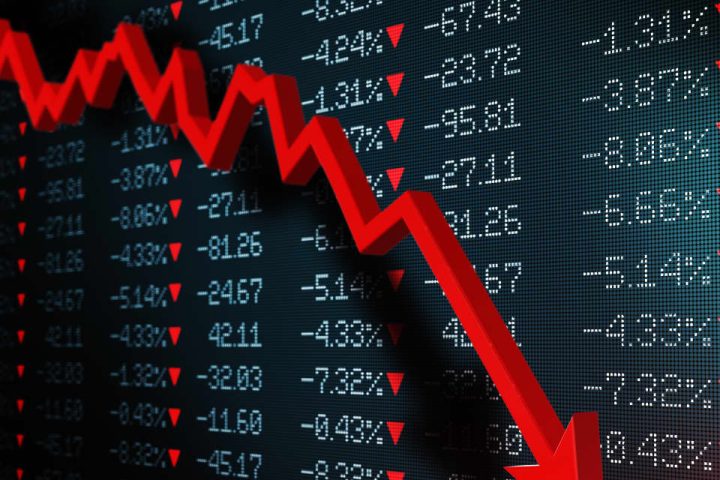Philip Morris (NYSE: PM) reported its Q3 results last week, with revenues falling below and earnings beating our estimates. However, we believe PM stock has some room for growth, as discussed below. The company reported revenue of $9.1 billion, reflecting 14% growth from the prior year period and below our estimate of $9.3 billion street estimate. Its adjusted earnings of $1.67 per share were up 20% y-o-y and slightly above our estimated $1.65 figure. In this note, we discuss Philip Morris’ stock performance, key takeaways from its recent results, and valuation.
PM stock has seen little change, moving slightly from levels of $85 in early January 2021 to around $90 now, vs. an increase of about 15% for the S&P 500 over this roughly 3-year period. Overall, the performance of PM stock with respect to the index has been lackluster. Returns for the stock were 15% in 2021, 7% in 2022, and -10% in 2023. In comparison, returns for the S&P 500 have been 27% in 2021, -19% in 2022, and 11% in 2023 – indicating that PM underperformed the S&P in 2021 and 2023.
In fact, consistently beating the S&P 500 – in good times and bad – has been difficult over recent years for individual stocks; for heavyweights in the Consumer Staples sector including WMT, PG, and COST, and even for the megacap stars GOOG, TSLA, and MSFT.
In contrast, the Trefis High Quality Portfolio, with a collection of 30 stocks, has outperformed the S&P 500 each year over the same period. Why is that? As a group, HQ Portfolio stocks provided better returns with less risk versus the benchmark index, less of a roller-coaster ride, as evident in HQ Portfolio performance metrics.
Given the current uncertain macroeconomic environment with high oil prices and elevated interest rates, could PM face a similar situation as it did in 2021 and 2023 and underperform the S&P over the next 12 months – or will it see a strong jump? From a valuation perspective, PM stock looks like it has ample room for growth. We estimate Philip Morris’ Valuation to be $103 per share, reflecting a 13% upside from its current levels of $91. Our forecast is based on a 17x P/E multiple for PM and expected earnings of $6.08 on a per-share and adjusted basis for the full year 2023. This compares with the last three-year average P/E multiple of 15x. We have assigned a slightly higher multiple compared to the historical average amid expected strong growth in the heated tobacco business and benefits from the integration of Swedish Match. The company lowered its earnings outlook to now be in the range of $6.05 and $6.08 (vs. the $6.13 and $6.22 range earlier).
Philip Morris’ revenue of $9.1 billion in Q3 was up 14% y-o-y. The company reported a 36% rise in smoke-free product sales. Heated Tobacco Unit shipment volume was up 18%, and combustible tobacco pricing was up 9%, driving the top-line growth. Total cigarette and HTU volume combined was up 2.2% in Q3. The company saw its adjusted operating margin contract 70 bps y-o-y to 40.8%. Higher revenues and margin contraction led to a 20% y-o-y rise in the bottom line to $1.67 on a per-share and adjusted basis in Q3’23. Adjusted tax-related gains bolstered the bottom line.
PM stock is trading at 4.3x sales compared to the last five-year average of 4.5x, implying some room for growth. However, fears of a potential recession and its impact on the cigarette volume remain a key risk factor for Philip Morris’ near-term growth.
While PM stock looks like it has some room for growth, it is helpful to see how Philip Morris’ Peers fare on metrics that matter. You will find other valuable comparisons for companies across industries at Peer Comparisons.
Invest with Trefis Market Beating Portfolios
See all Trefis Price Estimates
Read the full article here







